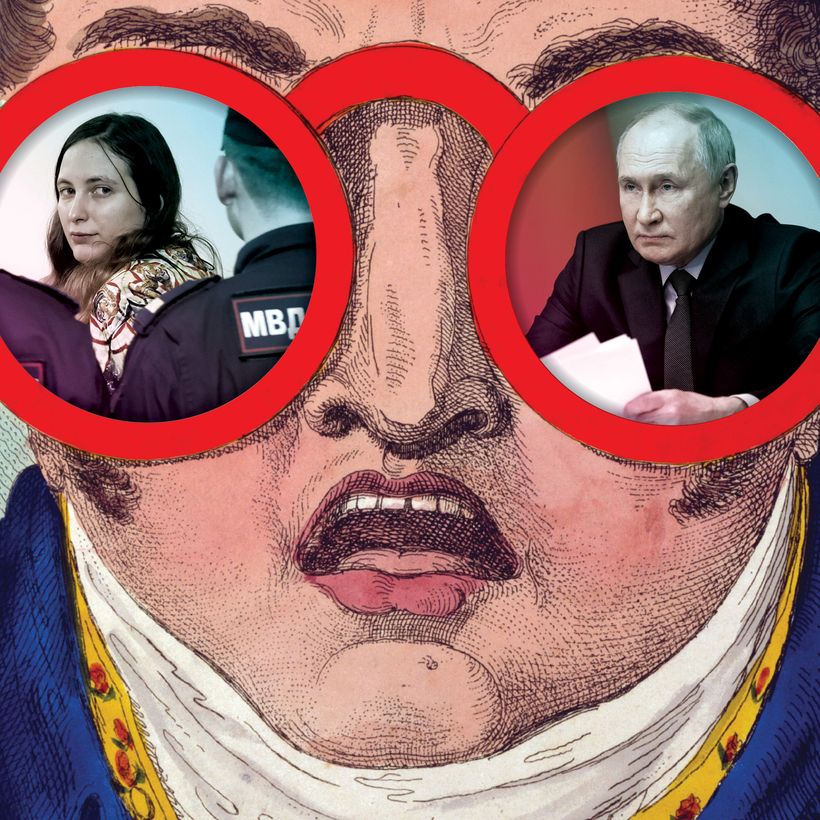One thing you have to hand Vladimir Putin—he’s no sexist. The Russian leader treats women who dare to oppose him with the same steely vindictiveness that he uses against superstar dissidents such as Alexei Navalny.
Take the most recent court case. In late December, Ksenia V. Fadeyeva, 31, was found guilty of extremism and sentenced to nine years in a penal colony. Fadeyeva’s chief offense appears to be that, in 2020, she ran for and won a seat in the Tomsk city parliament as a member of Navalny’s political party.


